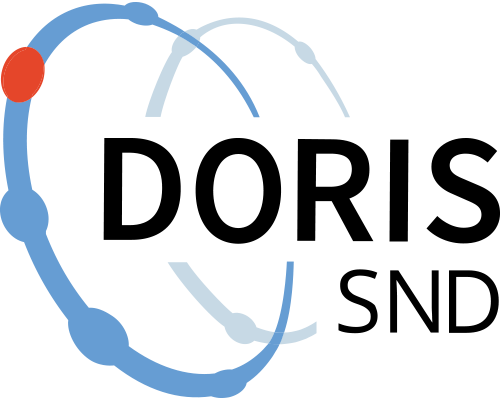ISSP 1996 - Role of government III: Sweden
https://doi.org/10.5878/001600
This survey is the Swedish part of the 1996 'International Social Survey Program'. Citizens' opinions were elicited on the function of their national governments and on what governments should and should not be doing. Respondents were asked whether they approved of economic policies such as wage and price controls, job creation programs, including public work projects, support for ailing private industries, and the forced reduction in the industrial work week, as well as conservative measures, such as reductions in government spending and business regulations. Government spending was another topic, with respondents questioned as to their support for greater spending on the environment, health care, police and law enforcement, education, military and defence, culture and the arts, old age pensions, unemployment benefits, and housing for the poor. A number of questions dealt with respondents' attitudes regarding democracy, political power, and protest. Respondents were asked for their views on the rule of law when it is in conflict with private conscience, various forms of anti-government protest (public meetings, protest marches and demonstrations, nationwide strikes), whether the right to protest should be afforded to those who advocate the overthrow of the government by revolution, and the conflict between security needs and privacy rights. Other questions focused on the role of elections in democracies, including whether voters understand political issues, whether elections force governments to confront pressing political issues, whether certain institutions (unions, government, business and industry) have too much power in affecting election results, whether politicians really try to keep their election promises, whether civil servants can be trusted to work in the public´s interest, and whether various industries (power companies, hospitals, banks) are better off being run by the private sector or by the government. Opinions were also elicited as to whether government had a legitimate role in the redistribution of wealth in the country, by tax policy or otherwise. Demographic variables include age, sex, education, marital status, personal and family income, employment status, household size and composition, occupation, religion and church attendance, social class, union membership, political party, voting history, and ethnicity.
Purpose:
ISSP aims to design and implement internationally comparable attitude surveys. The study in 1996 investigating The Role of Government.
Data files
Data files
Documentation files
Documentation files
Citation and access
Citation and access
Data access level:
Creator/Principal investigator(s):
- Stefan Svallfors - Umeå University - Department of Sociology
Research principal:
Data contains personal data:
No
Citation:
Method and outcome
Method and outcome
Data collection - Self-administered questionnaire: Paper
Data collection - Self-administered questionnaire: Paper
Geographic coverage
Geographic coverage
Administrative information
Administrative information
Topic and keywords
Topic and keywords
Relations
Relations
Publications
Publications
Versions
Versions
Metadata
Metadata
Versions
Versions
